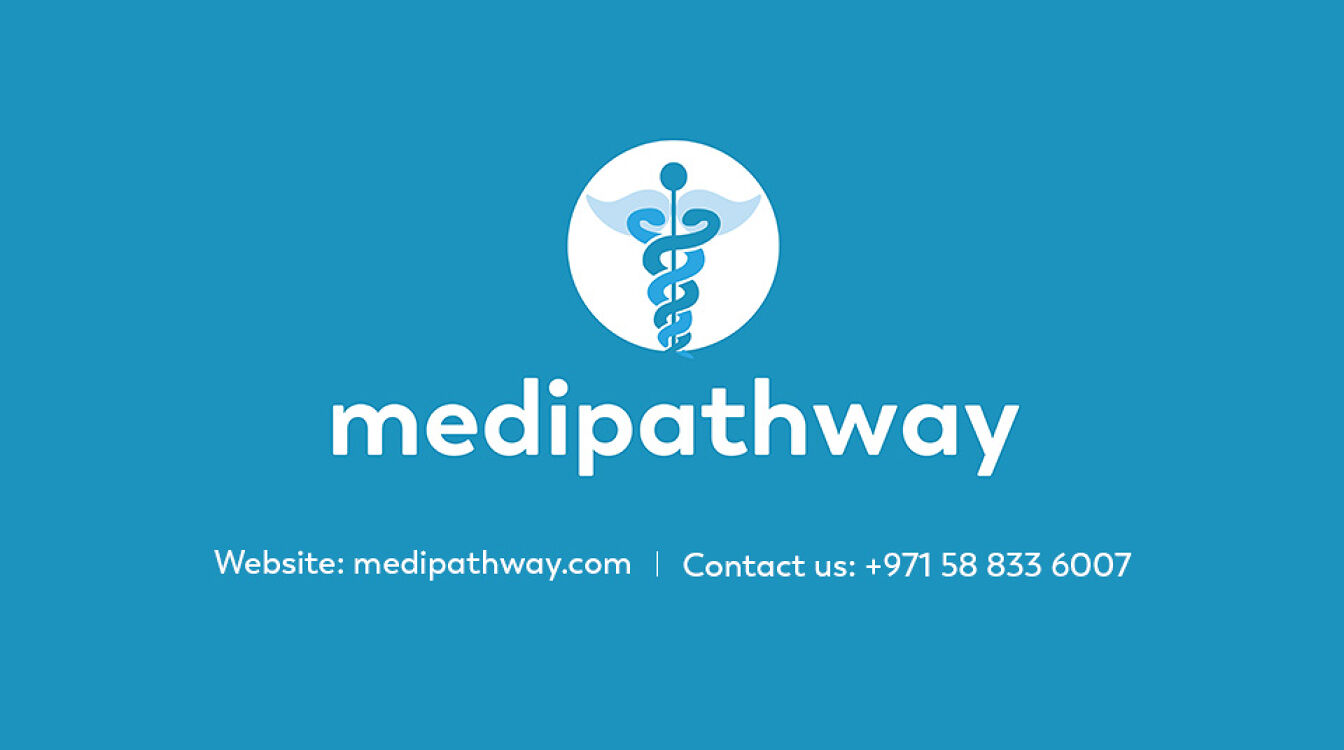Studying Medicine In The Caribbean
Before you decide to study medicine in the Caribbean, there are several things you need to know. These factors include the curriculum and the admissions procedure. You should also be aware of the support system and whether the country is suitable for your future aspirations. This article will help you make an informed decision.
Students
Students studying medicine in the Caribbean can obtain a high-quality degree from an accredited medical school. Caribbean medical schools typically require a bachelor's degree, although a high school diploma may also be sufficient. Some institutions also encourage applicants to take the MCAT exam. However, Caribbean medical schools are not for every applicant. For this reason, students should carefully consider their options. Students should also consider their financial situation and determine whether they will be able to afford the cost of their degree.
The Caribbean is increasingly a preferred destination for medical students, and there are many reasons to consider studying medicine here. The demand for medicine in the region has grown steadily in recent years, and the cost of medical training in Western countries is increasing. Moreover, the admission process at universities in the Western world can be difficult, and Caribbean medical schools offer an easier and more affordable option.
Nevertheless, Caribbean medical schools are not without flaws. Some schools lack essential accreditation requirements. Some Caribbean medical schools have a high attrition rate, while others fail to qualify their graduates for board examinations. In addition, the schools may misrepresent their accreditation status on their websites. It is important to check the school's reputation with the CAAM-HP before enrolling.
Admission procedure
If you are interested in studying medicine in the Caribbean, there are several steps you must follow in order to get accepted into a medical school there. First, you should consider whether or not the school you are considering is accredited. This means it meets the necessary structural and functional requirements to be a recognized institution. Moreover, you should check if the school meets the standards set by the Liaison Committee on Medical Education, which accredits US and Canadian medical schools.
If you do not have the required academic credentials for admission into the medical school, you should complete a pre-medical science program. This program can last two or three semesters, depending on your background and academic credentials. In addition to completing the program, you should pass the USMLE Step 1 and Step 2 examinations.
The admission process for medical schools in the Caribbean is similar to those in the United States. However, some medical schools in the region use qualitative factors instead of quantitative ones, such as GPA and MCAT scores. If you have poor academic performance, you should focus on other aspects of your background and experience to demonstrate your potential in the medical field.
Curriculum
When studying medicine in the Caribbean, you will have access to a variety of medical schools that offer top-notch training. The WUSOM Caribbean Clinical Science program takes two years to complete and includes core rotations in general and emergency medicine, surgery, obstetrics and gynecology, pediatrics and psychiatry. These are fundamental areas of practical medicine that all doctors should know. After completing these core rotations, you will spend 48 weeks in clinical clerkships and 24 weeks in electives.
The Caribbean medical curriculum is very similar to those of other countries. It consists of a minimum of six years of medical study, which includes internships and practices. The Caribbean curriculum is divided into two major areas, Pre-Clinical Sciences and Clinical Sciences. Pre-Clinical Sciences is taught for two academic years and includes general knowledge of clinical science, while Clinical Sciences is more advanced and deals with clinical problems and treatment.
To study medicine in the Caribbean, students should enroll in an accredited medical school. The Texila American University, which is associated with the University of Central Nicaragua, offers the most comprehensive medical curriculum in the region. In addition to offering a top-notch medical education, this university offers flexible course structures that allow students to gain valuable work experience while earning their medical degree.
Support system
Students interested in studying medicine in the Caribbean will find a strong support system through the Caribbean medical schools. These institutions will provide students with academic support and tutoring to help them prepare for licensing exams and achieve their academic goals. Many Caribbean medical schools also accept students who have not taken the MCAT exam or have a lower GPA.
While attending a Caribbean medical school, students should be aware of the costs. Tuition can range anywhere from less than $100,000 to almost $300,000, so it is important to look for an affordable option. Students should also be aware of the accreditation status of the Caribbean medical school they are considering. Those who choose low-cost Caribbean medical schools may find themselves unable to practice medicine in the United States due to a lack of accreditation. Regardless of whether you choose to attend a high-cost or low-cost Caribbean medical school, make sure to check the financial aid assistance programs and scholarships available in the region.
The acceptance rate at Caribbean medical schools is much higher than in the U.S., but it can still be difficult to get into them. The WUSOM website also provides helpful resources, such as webinars on residency applications and the Electronic Residency Application Service. Whether you choose a Caribbean medical school or not, you'll find plenty of career options.




Comments
Post a Comment